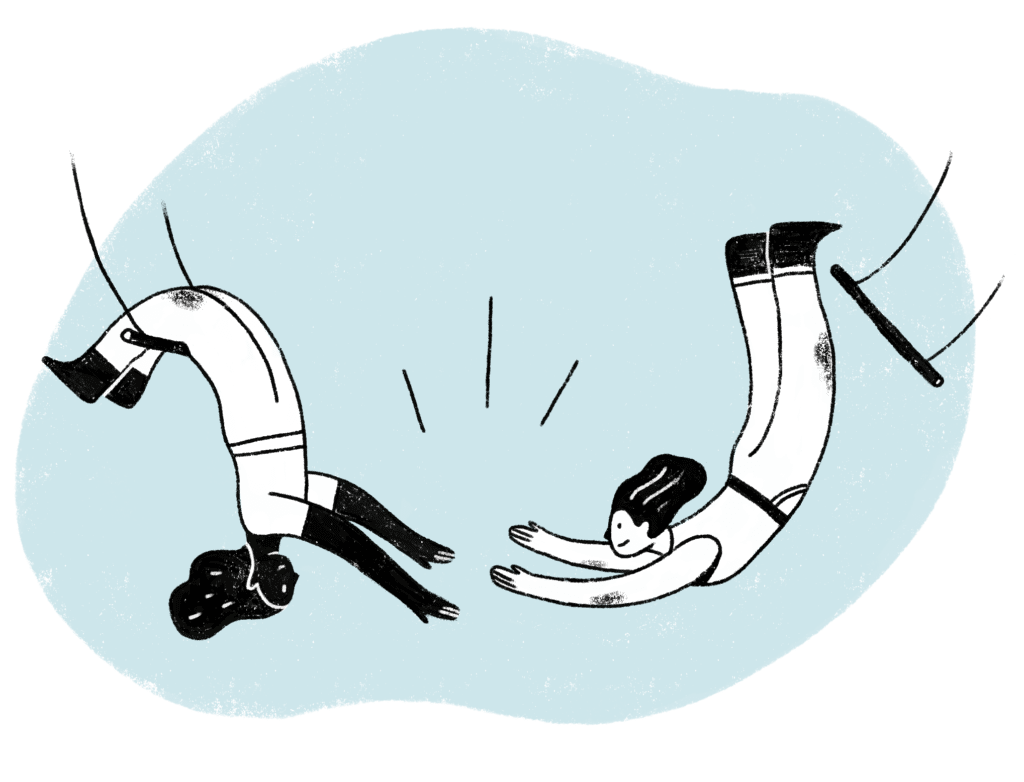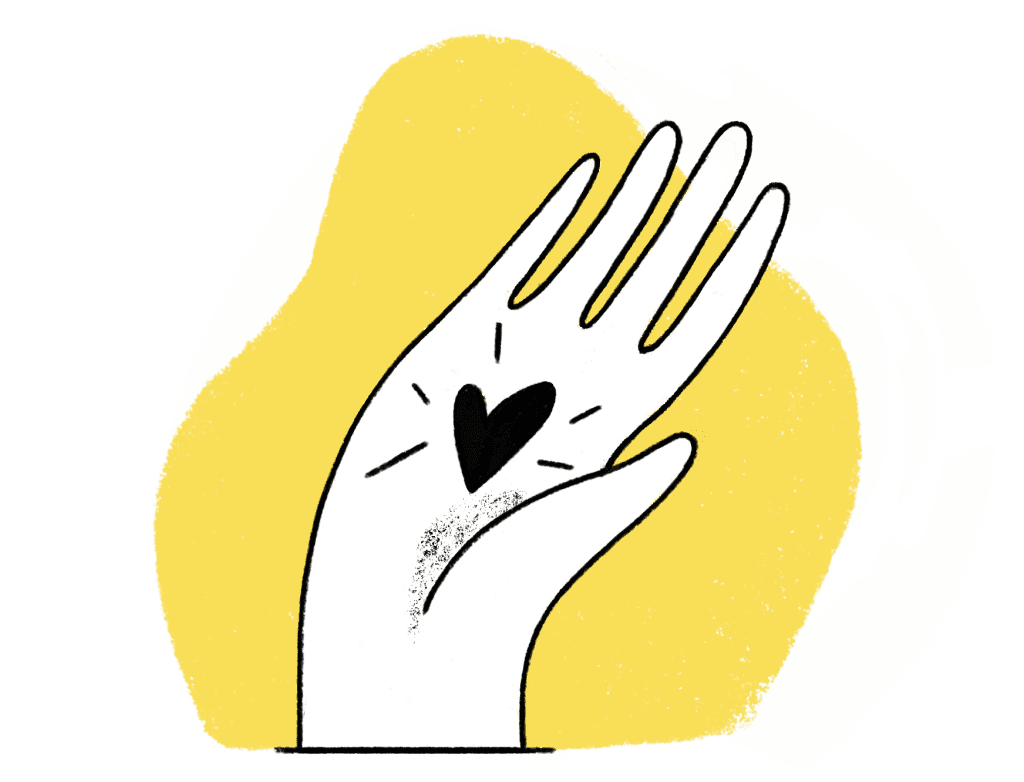Risques psychosociaux
15 April 2025
5 min.
Incivility at work: What is it and what are the impacts

Workplace climate and the quality of relationships between colleagues have a direct impact on motivation, collaboration, and ultimately, team performance.
When a professional environment is built on respect, courtesy, and kindness, everyone feels safe to show up and give their best.
But reality doesn’t always reflect that ideal. Disrespectful or inappropriate behaviours are still all too common—and far from harmless. Workplace incivility often flies under the radar, but it’s a very real issue.
96%
One in two people say they regularly witness incivility in their workplace and 96% of people admit to having experienced it in their career!
These small acts or comments that lack respect—even if they’re not meant to cause harm—can slowly erode the work climate and weaken team dynamics. And while incivility is often seen as less serious or intense than workplace harassment, it can be just as destabilizing to people’s well-being.
Incivility or harassment: What’s the difference?
Harassment is defined by Quebec’s Act Respecting Labour Standards (Act N-1.1, Article 81.18) as “vexatious behaviour manifested through repeated actions, words, or gestures—whether hostile or unwanted—that undermine a person’s dignity or psychological or physical integrity and result in a harmful work environment.”
In other words, workplace harassment involves repeated hostile or unwelcome behaviours that directly threaten the psychological safety of the person being targeted.
Workplace incivility, on the other hand, refers to more subtle actions or comments. For example: interrupting a colleague during a meeting, using a condescending tone, or leaving someone out of a team conversation. These behaviours aren’t always intentional, but when they repeat or pile up, they damage relationships and the overall team atmosphere. Over time, they can contribute to a toxic work environment—quietly, but with serious consequences.
The difference between incivility and harassment generally comes down to intent, intensity, repetition—and the impact they have.
Harassment, incivility, managerial rights: Be informed, be proactive, build a safer workplace

How to recognize incivility in everyday work life
Workplace incivility isn’t just about yelling or insults. It usually shows up in more subtle, insidious ways that can creep into daily life without us even noticing.
In their book The Cost of Bad Behavior, professors Christine Porath and Christine Pearson highlight several common forms of workplace incivility. Here are a few examples:
- Interrupting or speaking over others
- Deliberately avoiding eye contact
- Not replying to important emails or messages
- Repeatedly showing up late to meetings or appointments
- Using a condescending or dismissive tone
- Making disparaging comments in front of others
- Failing to acknowledge a colleague’s work or ideas
- Talking negatively about a coworker behind their back
These behaviours might seem minor—but they carry real costs: disengagement, drops in productivity, loss of trust, and even the intent to leave the organization. The more they’re tolerated, the more likely they are to take root in the workplace culture.
What are the impacts of workplace incivility?
We’ve all worked with people who have a “strong personality”—who take up a lot of space in a team and are known for their negative attitude. Out of fear of causing conflict—or simply because no one steps in—we often end up tolerating these behaviours… until they start to shake the team’s balance.
Even when it seems harmless, workplace incivility can create a lasting sense of discomfort. And that unease often ends up slowing down collaboration, performance, and team engagement.
Here are a few statistics that speak for themselves:
- 63% of respondents said they lost work time trying to avoid the person displaying the disruptive behaviour
- 80% spent time worrying about the situation
- 38% intentionally reduced the quality of their work
- 78% reported a drop in commitment to their organization
- 48% reduced their effort at work
- 46% considered changing jobs
- 2% actually quit to avoid the instigator
Incivility has a negative effect on multiple factors: performance, motivation, creativity, cognitive functioning, altruism, and both physical and emotional health.
Put simply: incivility first affects individuals—and that impact inevitably spreads to the organization.
Discover the key to happy, high-performing teams through psychological safety

Preventing incivility: Everyone’s responsibility
Promoting civility at work isn’t just about good intentions. It’s a long-term effort—one that involves both individuals and the organization as a whole.
It starts with small, everyday actions: saying hello, listening actively, showing respect even in disagreement. But for these behaviours to truly become the norm, the organization needs to lead the way.
- Set clear expectations—and bring them to life in everyday practices
- Lead by example, in both small gestures and big decisions
- Provide tools and a supportive structure to help teams stay on track
At Boostalab, we help organizations turn relationship quality into a real lever for action. Because when teams are well-equipped, workplace culture is healthier—and results are stronger.
Our solutions
✔ Le Lab: Our online learning platform is designed to make learning engaging and flexible. Interactive courses available anytime, anywhere.
✔ Interactive team training paths: Immersive learning experiences that span several weeks, combining workshops with hands-on practice.
✔ Training boosts: A fun, interactive group workshop that helps build and reinforce key behaviours in just 30 days.
✔ Ready-to-train kits: Practical, engaging content that’s easy to implement directly in your LMS.
Not sure which soft skills training is right for you? Take the quiz and find the perfect fit!
Discover training solutions to prevent workplace incivility

Reference
Pearson, C., & Porath, C. (2009). The Cost of Bad Behavior: How Incivility Is Damaging Your Business and What to Do About It. Penguin Books.

